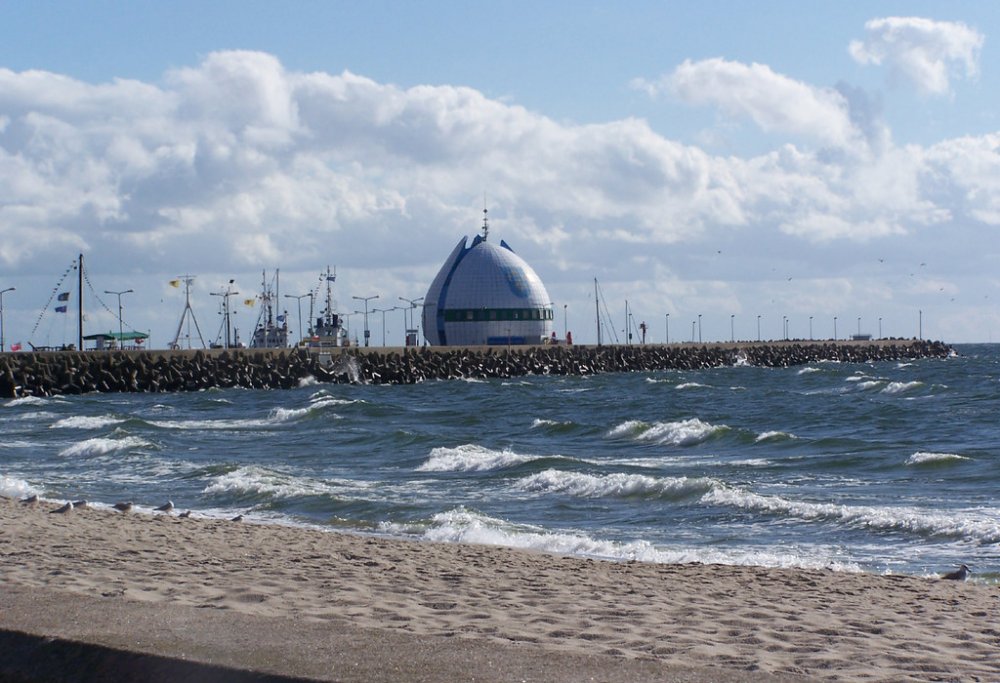Activities
Flagships/Policy Action Processes

Policy Action Process – a method of implementation
Policy-action processes, also named Flagships are designed to deliver on the targets and indicators in the EUSBSR Action Plan. Policy-action processes are designed for macro-regional strategies where stakeholders are brought together for developing solutions to complex societal challenges. These kind of processes are characterized by the inclusive and collaborative method that is developed and can be applied regardless of the concrete content of work within a policy area.
In our policy area we have four active policy-action processes.
School to Work
Addresses societal challenges related to early school leaving and to young adults without job and not in education or training. These vulnerable groups of young people face the risk of exclusion that also can lead to criminality, mental health problems etc. The flagship welcomes stakeholders that would like to contribute with experiences of working with this target group, for example municipalities, state agencies or civil society organisations.
Baltic University Programme
Largest and oldest university network in the macro region focused on sustainable regional development through cooperation in education, research and applied projects. The flagship welcome universities and other institutions providing higher education and research to join the network.
Baltic Sea Labor Forum
Largest and oldest university network in the macro region focused on sustainable regional development through cooperation in education, research and applied projects. The flagship welcome universities and other institutions providing higher education and research to join the network.
Baltic Science Network
This is a forum for higher education, science and research cooperation. A policy network gathering relevant transnational, national and regional policy actors. The Network is a springboard for targeted multilateral activities in the frame of research and innovation excellence, mobility of scientists and expanded participation. Aims to provide science and research ministries of the Baltic Sea region states with an overall coordination framework to develop and implement science policy in a macro-regional dimension and to ensure a better representation of macro-regional interests on the EU level.